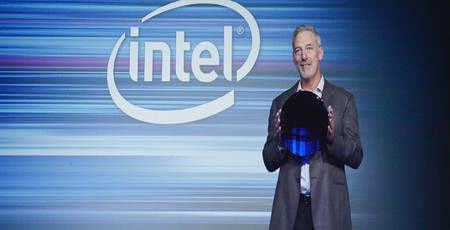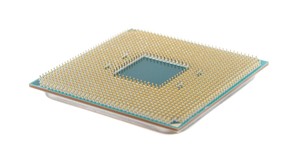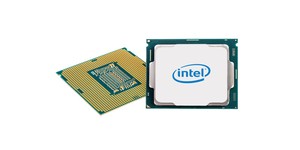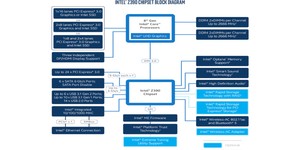
Intel's quarterly earnings call came with further evidence that rival AMD is on the right track with its Zen architecture, slowing Intel's PC growth and forcing it to trim its profit margins - and the news that its 10nm process node parts, Cannon Lake, have suffered a further delay into 2019.
While semiconductor giant Intel is most certainly not hurting, boasting of $16.1 billion in revenue for its first quarter of the 2018 financial year to rival AMD's $1.65 billion, AMD's impact can certainly be seen in the company's financial filing: Where AMD has seen its mainstream and enthusiast Computing and Graphics business unit grow 95 percent year-on-year, Intel's equivalent business unit has grown just three percent over the same period.
Thankfully for Intel, while AMD is enjoying considerable success in the PC market it's not doing so well at convincing data centre and high-performance computing (HPC) customers to move away from Intel's offerings: Intel's Data Centre Group saw growth of 24 percent year-on-year, while the company's Internet of Things Group grew 17 percent, its Non-volatile Memory Solutions Group grew 20 percent, and its Programmable Solutions Group - the name given to its field programmable gate array (FPGA) subsidiary Altera - by 17 percent. Combined with slowed growth in the PC segment, it's enough to almost shift the balance of power at the company: 49 percent of Intel's 1Q2018 revenue is attributed to the 'data-centric' divisions listed above, an all-time high which could see them eclipse mainstream PC revenue for the first time in the company's history.
Intel's earnings call also came with a warning: The company's Cannon Lake processors, the first to be built around a 10nm process node, will not arrive in volume until 2019 with only 'low volume' quantities available by the end of the year. For Intel, it's a major blow: Cannon Lake was supposed to launch in 2016 as the successor to the 14nm Skylake, but was pushed to 2017 when the company abandoned its tick-tock architecture-node two-year development cycle. Since then, the company has continued to release 14nm parts, but started 2017 with a firm pledge of shipping Cannon Lake by the end of the year - a pledge which saw little beyond a non-functional wafer being demonstrated before the revised schedule was again shot.
Intel's revised launch schedule now means that not only did it miss its revised 2017 launch window, but Cannon Lake won't be hitting the market in 2018 either - at least not for retail customers. Whether this will mean yet another architecture optimisation launch on 14nm before Cannon Lake hits the mainstream was neither confirmed nor denied by the company.

MSI MPG Velox 100R Chassis Review
October 14 2021 | 15:04








Want to comment? Please log in.